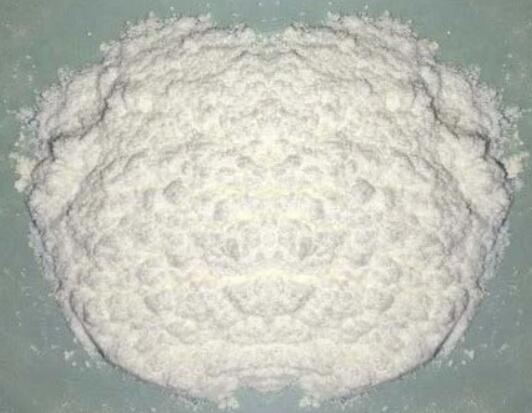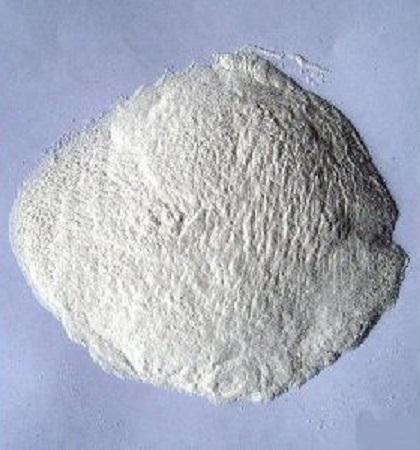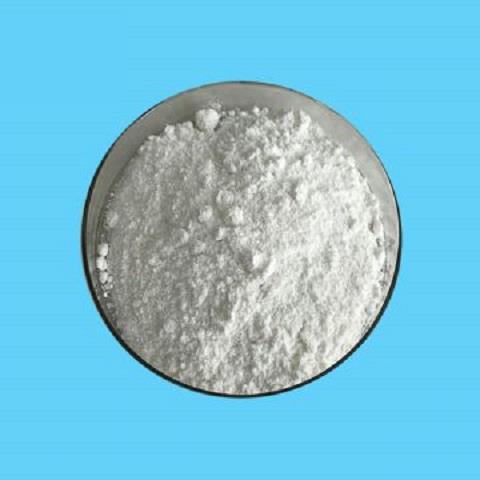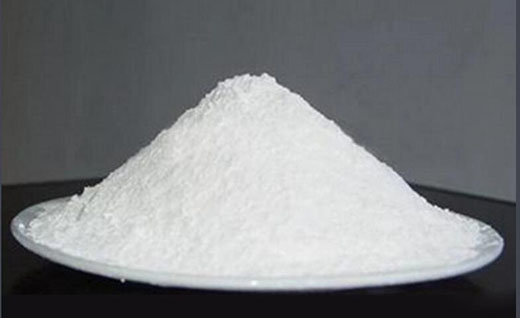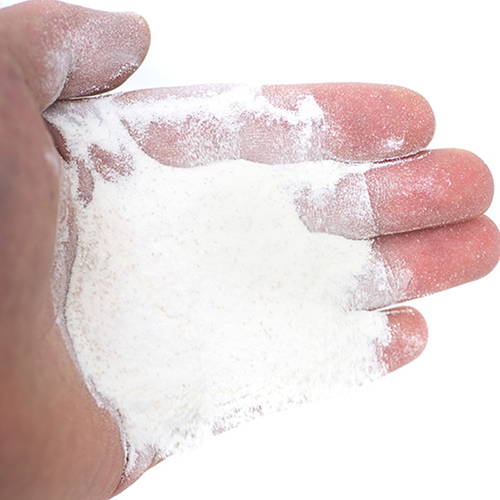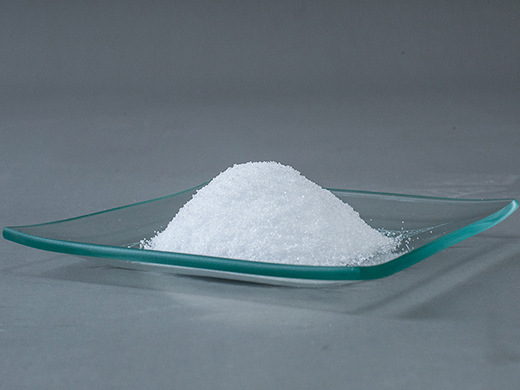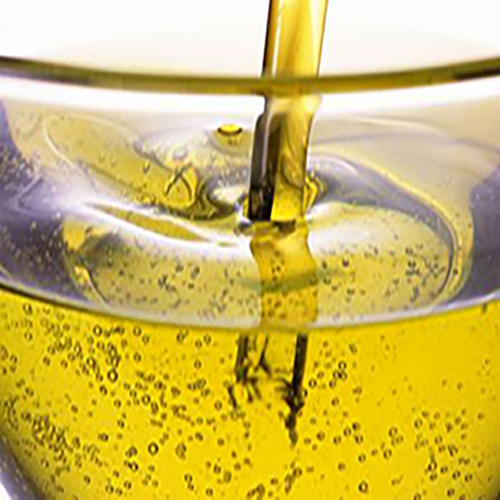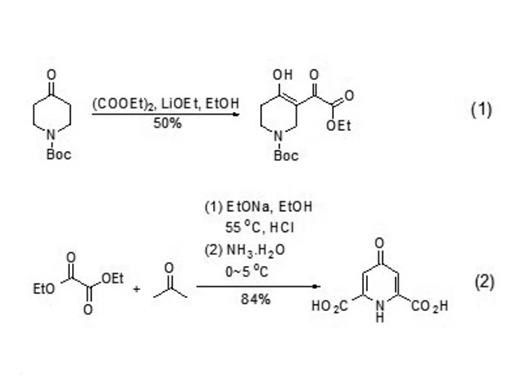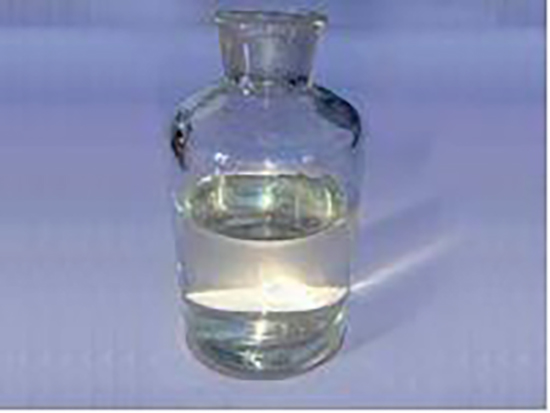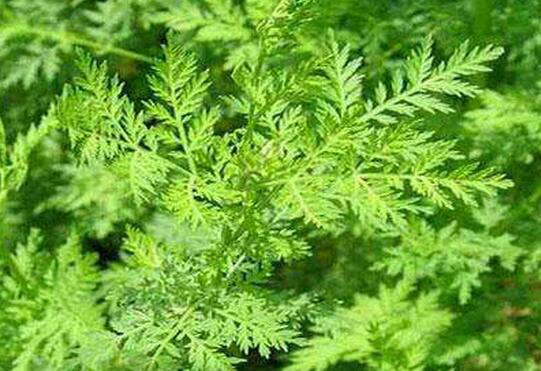Mechanism and side effect of stestolone
RAD140, also known as testolone, is a new investigational drug which has become popular among bodybuilders, who claim that it has muscle-building effects. RAD140 belongs to a class of compounds called
Apr 15,2022 APIMechanism and adverse effects of Molnupiravir
Molnupiravir is a product that the FDA is allowing to be given for emergency use to treat COVID-19.
Apr 15,2022 APIMechanism and side effects of Quinine
Quinine is a medication used to treat malaria and babesiosis.This includes the treatment of malaria due to Plasmodium falciparum that is resistant to chloroquine when artesunate is not available.
Apr 15,2022 APIThe different applications of Hydroxyethyl cellulose
Hydroxyethyl cellulose (HEC), chemical formula (C2H6O2)n, is a white or light yellow, odorless, non-toxic fibrous or powdery solid composed of alkaline cellulose and ethylene oxide
Apr 15,2022 APIThe preparation method of 5-hydroxymethylfurfural
5-Hydroxymethylfurfural is an organic substance with a molecular formula of C6H6O3 and a molecular weight of 126.11.
Apr 15,2022 APIDifferent applications of erythritol
Erythritol is a bulk sweetener, a four-carbon sugar alcohol with the molecular formula C4H10O4. Erythritol is widely found in nature, such as fungi mushrooms, lichens, melons and fruits, grapes, pears
Apr 15,2022 APIToxicological data and environmental behavior of pyrene
Pyrene is an organic compound with chemical formula C16H10, light yellow monoclinic crystal (pure product is colorless), aromatic, combustible, insoluble in water
Apr 15,2022 APIthe synthesis of diethyl oxalate
Diethyl oxalate is an organic compound with molecular formula C6H10O4. Colorless oily liquid with aromatic smell
Apr 15,2022 APIThe toxicology of glutaraldehyde
Glutaraldehyde, with the molecular formula of C5H8O2, is an organic compound. It is a colorless and transparent oily liquid with pungent smell.
Apr 15,2022 APIReaction of artemisinin with other substances
Artemisinin is an organic compound with molecular formula of C15H22O5 and relative molecular weight of 282.34.
Apr 15,2022 API



